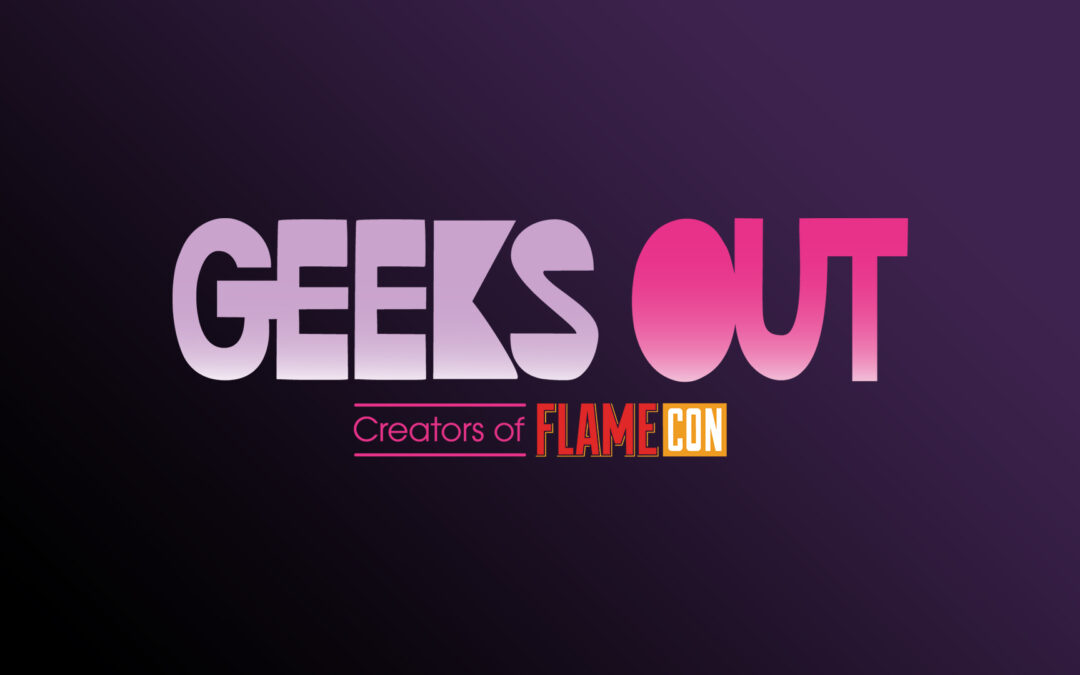
by Nic Gitau | Apr 24, 2018 | Press
Website Geeks Out is offering free tickets to their LGBTQ inclusive convention Flame Con for anyone who purchased tickets to the recently cancelled Universal FanCon. Flame Con takes place in New York August 18-19. Universal FanCon was scheduled to take place this...

by Geeks OUT | Apr 17, 2018 | Blog
Queer-baiting has become the lazy writer’s way of incorporating queer characters without doing the work of actually representing the queer community. It’s enough to drag queer viewers and readers along, hoping that someday these characters might...




